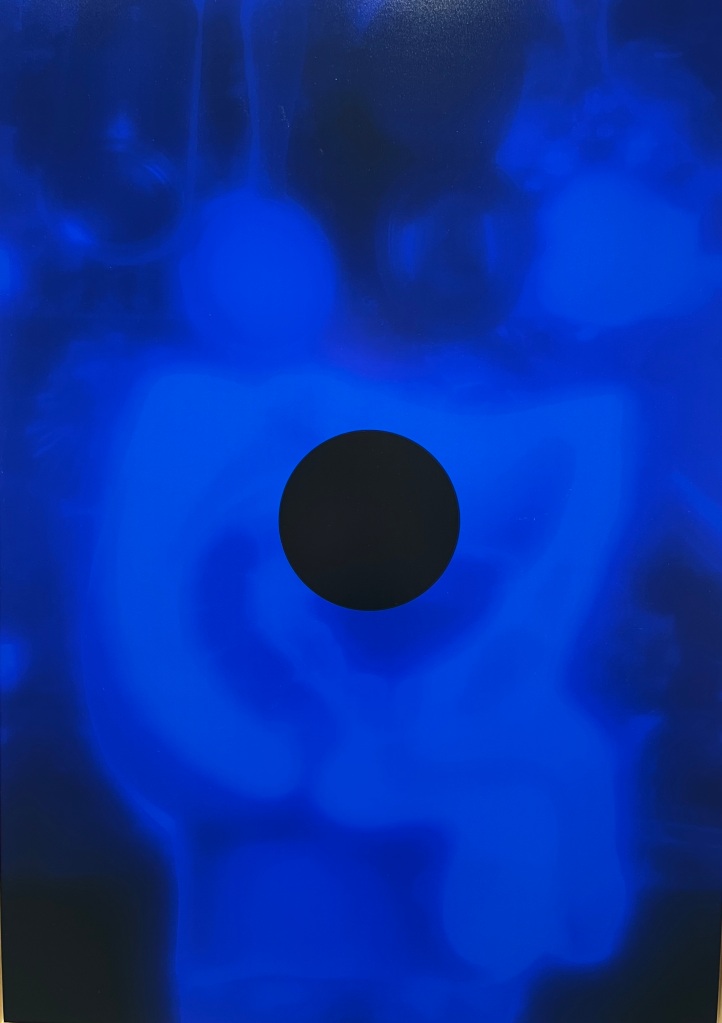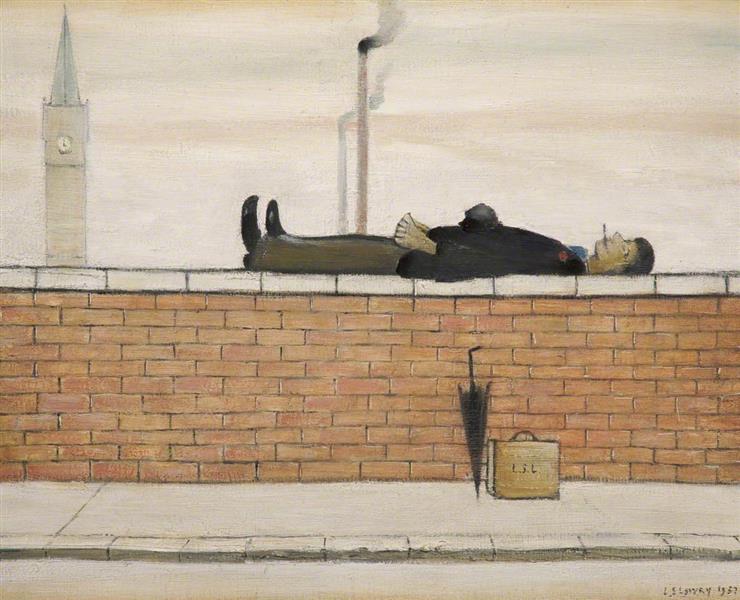
He stumbled into faith and thought
"God, this is all there is?"
The pictures in his mind arose
And began to breathe
And all the gods in all the worlds began colliding on a backdrop of blue
it is no easy matter to interest people in talk therapy, and even once they are in it to guide them to a point—an unpredictable, unfathomable point—where they “decide” to do something for themselves (see Whitaker, 2010, p. 125), find the will to do something to get out of what they’ve spent decades getting into … And I would add that this decision to be something other than an object or victim is not made once and for all, but must be made again and again as each unpleasant memory is unearthed, as each unsavory wish and “filthy enjoyment” is faced.
Miss-ing: Psychoanalysis 2.0, by Bruce Fink loc 3,496
